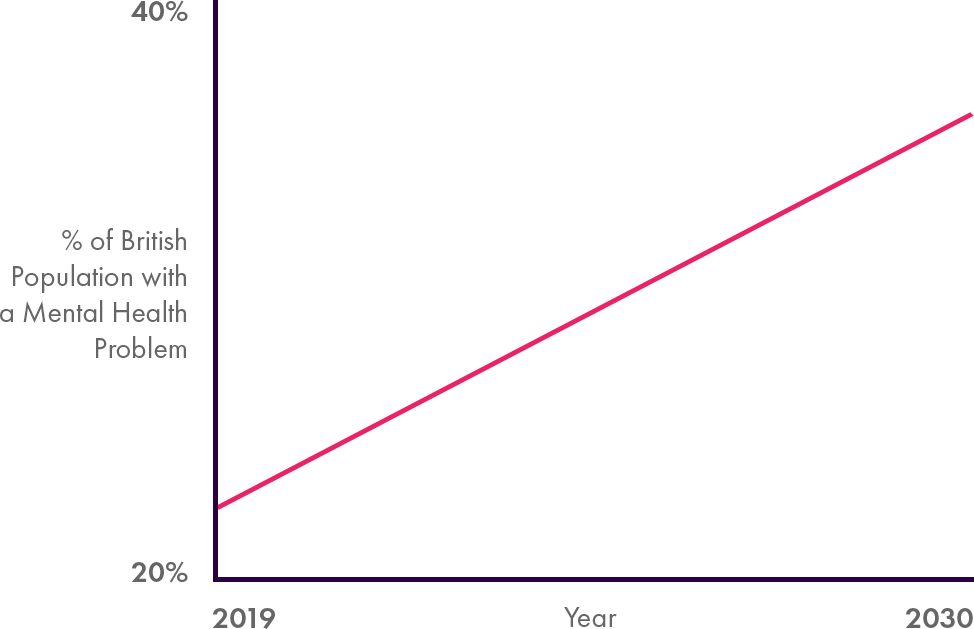REMOTE Working Plan
Your guide to health and productivity whilst working from home
Your guide to health and productivity whilst working from home
Set and establish clear routines that are similar to your normal working day. Try and ensure your new routine replicates as best as possible your previous working routine.
For example, get up at the same time, wear the same clothes and communicate regularly with your team.
It may take a few days, maybe even a few weeks to get used to working from home.
Set yourself clear expectations and manageable targets for the day, breaking larger tasks into smaller chunks if necessary.
Ensure you have set up your work space for work. Consider how you can limit distractions for you to prioritise tasks (children may be an exclusion!). When you lose focus, ensure you take a break.
Work smart.
Maintaining social contact is crucial for not only our mental health, but for our work. Try to have regular touch-points with your team and be open to reciprocal support.
Look to also use multiple forms of media communication, through email, zoom video calls, phone calls, text messaging, WhatsApp groups etc.
Organise your day and tick off what you complete. Work smart with your timetabling and plan to do more difficult tasks when your productivity is highest.
This will help you hold yourself accountable whilst feeling a sense of achievement when you tick off each task.
Exercise is crucial for our cognition and mental health. Look to take regular breaks and do a workout during the day.
Intentions are what the person intends to do having had thoughts on ending their life. Intentions often sounds like:
An unhelpful coping strategy is something that may relieve the stress in the short-term, but make it worse in the long-term.
Examples include:
Preparations include:
Protective factors lessen the risk of an individual carrying out their suicidal thoughts. Protective factors include:

In the UK, modern culture is negatively influencing our mental health more than past cultures have.
This school of thought suggests that unless these factors are tackled, mental health problems will continue to rise.

In the UK, modern culture is negatively influencing our mental health more than past cultures have.
This school of thought suggests that unless these factors are tackled, mental health problems will continue to rise.